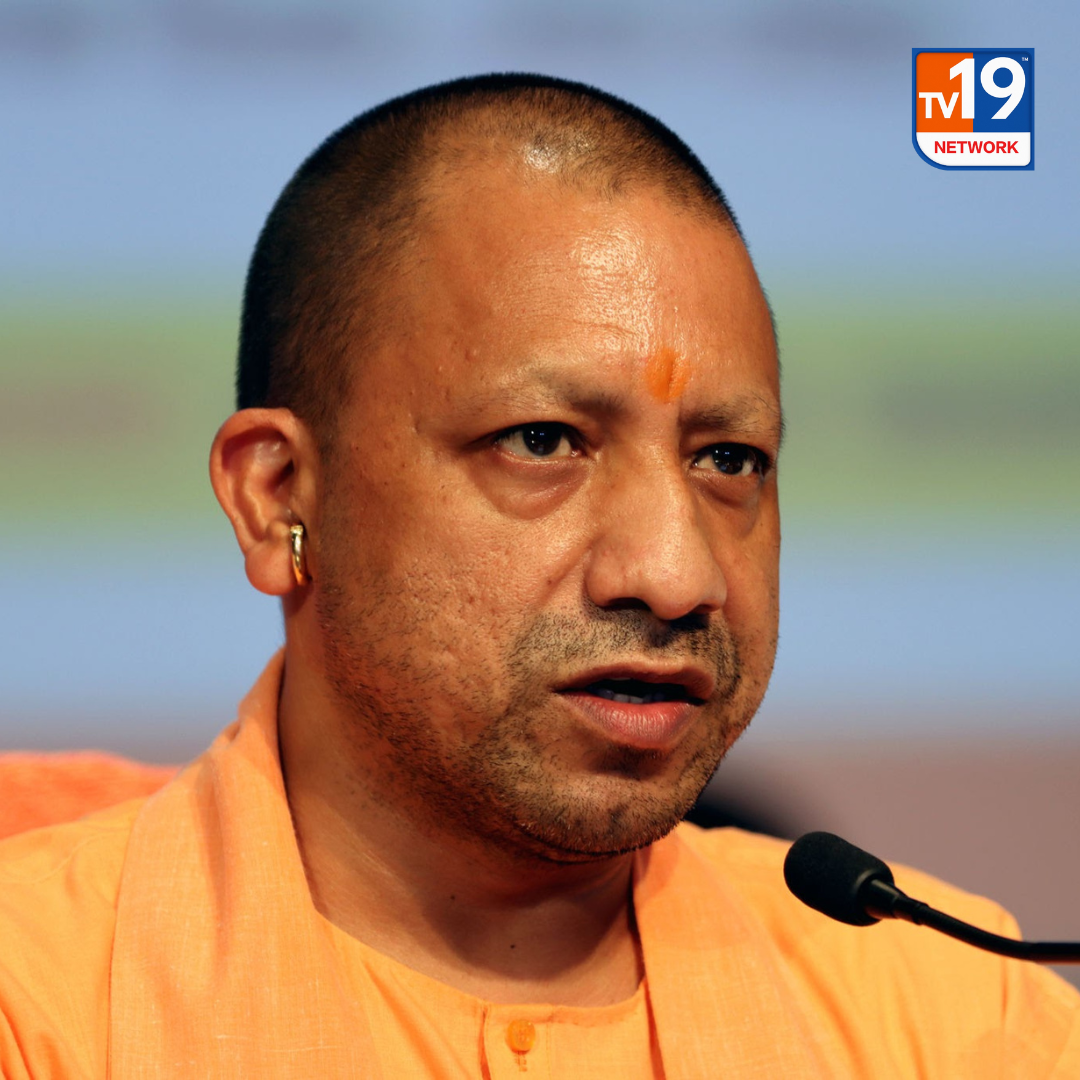Delhi's Air Quality Crisis: Schools Shift to Hybrid Classes Amid 'Severe' Pollution
Delhi - Delhi is grappling with its worst air quality in years, with the Air Quality Index (AQI) soaring to 'severe' levels. On January 15, the AQI reached 396, prompting the Delhi Directorate of Education (DoE) to implement hybrid classes for students up to Class 9 and Class 11. This decision aims to protect students from the hazardous outdoor air while ensuring their education continues.
Hybrid Classes: A Necessary Shift
The hybrid model combines online and in-person learning, allowing students to attend classes remotely when air quality is poor. This approach addresses the immediate health risks posed by pollution. However, it also highlights the urgent need for long-term solutions to Delhi's air quality issues.
The Health Implications
Exposure to 'severe' pollution levels can lead to respiratory and cardiovascular problems, particularly among children and the elderly. The Commission for Air Quality Management (CAQM) has advised vulnerable groups to stay indoors, underscoring the severity of the situation.
A Call for Sustainable Solutions
While hybrid classes provide a temporary respite, they are not a substitute for clean air. The government must invest in sustainable measures to combat pollution, such as stricter emission controls, promotion of green technologies, and public awareness campaigns. Only through comprehensive action can Delhi hope to breathe easy again.





